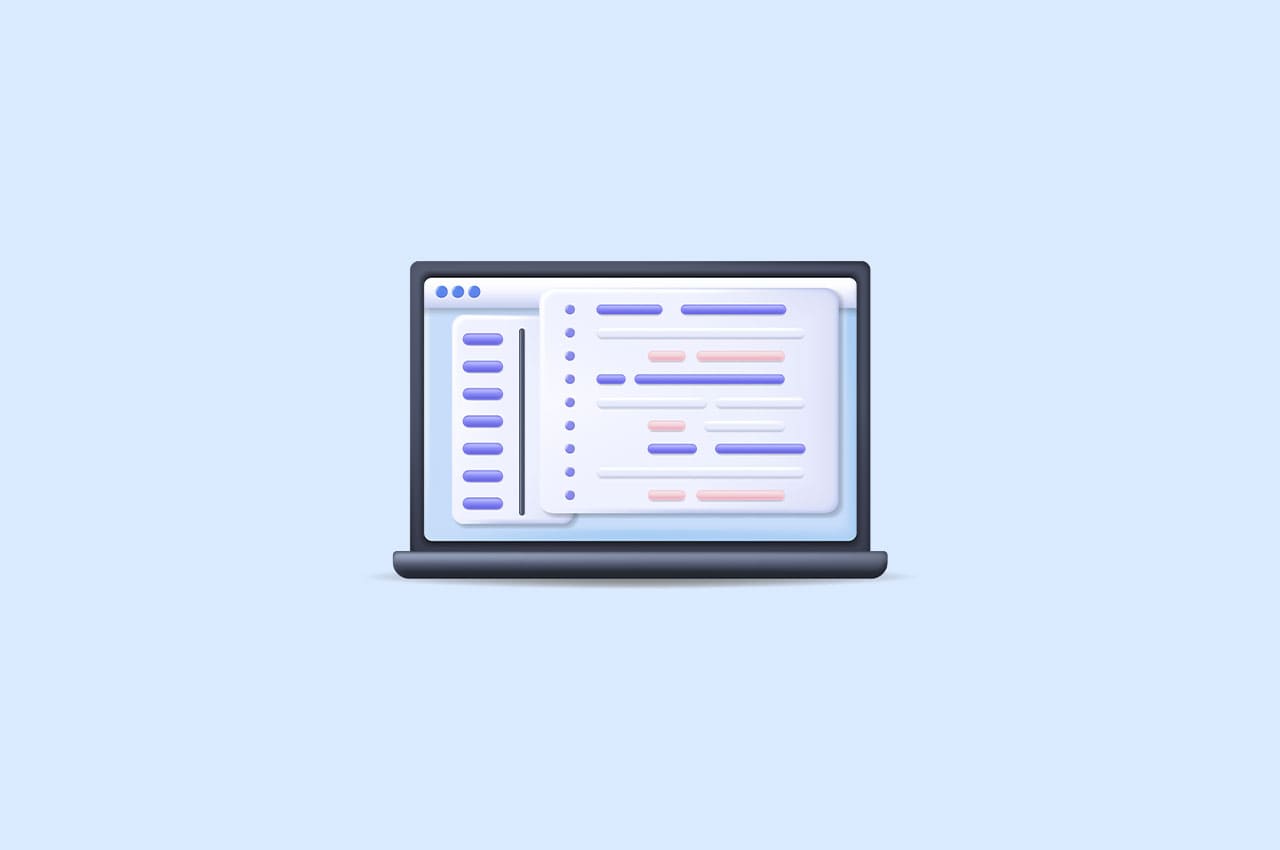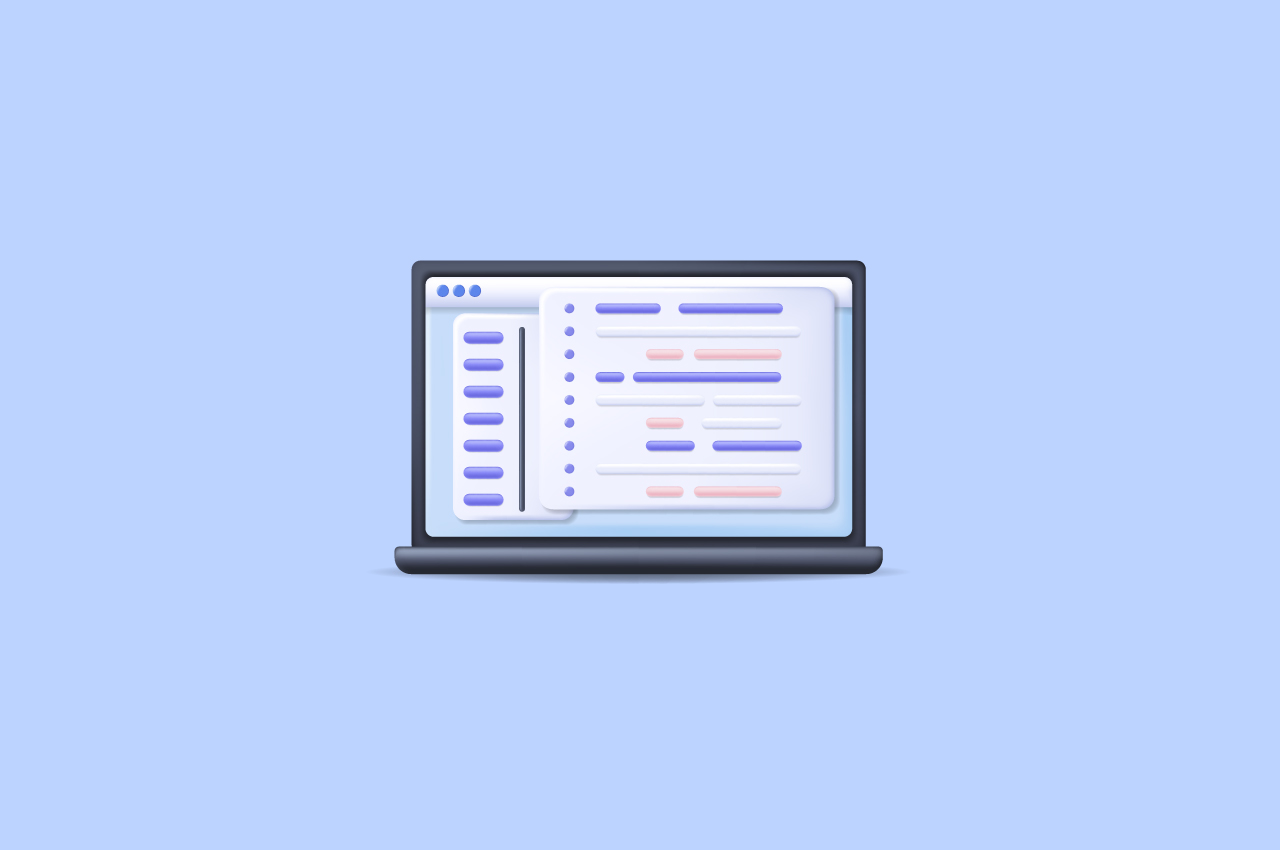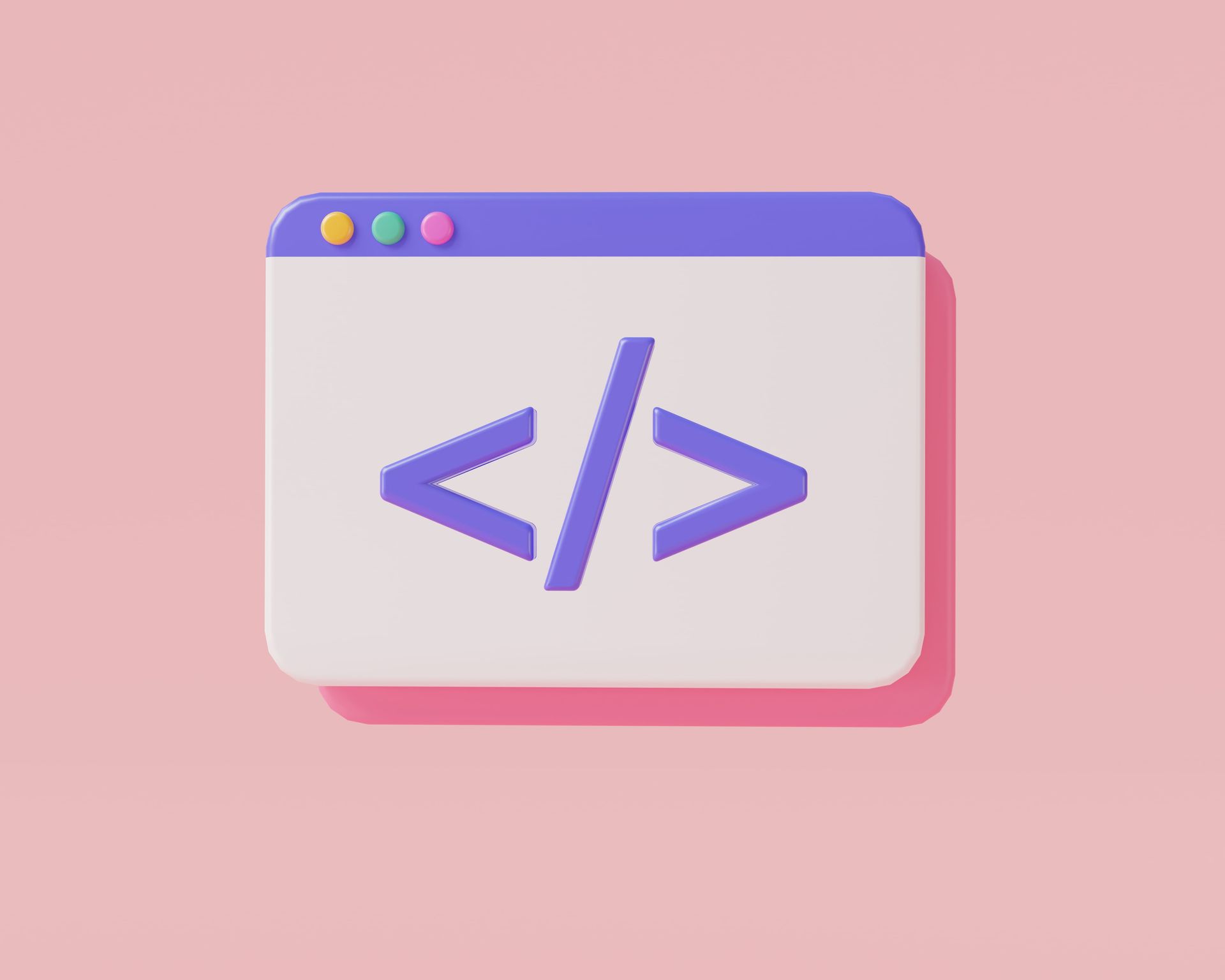What is the Role of Horilla HRMS in Promoting Employee Wellbeing [2023]

In today’s workplace, employee well-being is gaining increasing recognition as a crucial factor in organizational success. As employees face various challenges and strive for work-life balance, companies are turning to HRMS solutions like Horilla to support their well-being. Horilla HRMS understands the significance of employee mental health and work-life balance, offering a range of features and resources to enhance well-being. From promoting wellness programs to enabling flexible work arrangements, Horilla HRMS takes a proactive approach in prioritizing employee well-being. By embracing Horilla HRMS, organizations can foster a supportive work environment that values the holistic well-being of their employees.
Understanding Employee Well-being:
Employee well-being refers to the overall state of physical, mental, and emotional health and satisfaction experienced by employees in the workplace. It goes beyond mere absence of illness and encompasses factors such as work-life balance, job satisfaction, and personal fulfillment. The well-being of employees is crucial as it directly influences their productivity, engagement, and retention within an organization. When employees feel supported and their well-being needs are met, they are more likely to perform at their best, be motivated, and remain committed to their work.
Well-being can be understood through various dimensions, including physical, mental, and emotional health. Physical well-being involves maintaining a healthy lifestyle, managing stress, and ensuring a safe and comfortable work environment. Mental well-being focuses on promoting positive psychological states, managing work-related stressors, and fostering resilience. Emotional well-being involves recognizing and addressing emotions, promoting positive relationships, and providing support systems. By understanding and addressing these dimensions of well-being, organizations can create an environment that promotes the overall health and happiness of their employees.
The Role of HRMS in Supporting Well-being:
HRMS platforms like Horilla play a significant role in supporting employee well-being by providing a range of features and functionalities designed to enhance their overall health and work-life balance. One key aspect is the inclusion of wellness programs within the HRMS. These programs can include resources and initiatives related to physical fitness, mental health, nutrition, and stress management. HRMS platforms like Horilla can offer access to wellness resources, provide reminders for health-related activities, and facilitate participation in wellness challenges or programs.
Another important feature is comprehensive leave management. HRMS platforms allow employees to easily request time off, view their leave balances, and track their vacation or sick days. This enables employees to take the necessary breaks and vacations they need to recharge and maintain a healthy work-life balance.
Flexible work arrangements are also supported by HRMS platforms. Through features such as remote work management, flexible scheduling, and telecommuting options, employees can have greater control over their work hours and location. This flexibility allows them to better manage personal commitments, reduce commuting stress, and achieve a better balance between work and personal life. Additionally, HRMS platforms can provide access to employee assistance programs (EAPs) or mental health support resources. These resources may include counseling services, mental health assessments, and self-help materials, all easily accessible through the HRMS platform. This helps employees address their mental health concerns, seek support when needed, and ultimately improve their overall well-being.
By integrating these well-being features into HRMS platforms like Horilla, organizations can create a supportive environment that prioritizes employee well-being and contributes to their overall satisfaction, engagement, and productivity.
Work-life Balance and Time Management:
Achieving work-life balance is crucial for employee satisfaction and overall well-being. It allows individuals to effectively manage their personal and professional responsibilities, leading to increased job satisfaction, reduced stress, and improved productivity.
Horilla HRMS offers features that empower employees to better manage their schedules and promote a healthy work-life integration. Through the platform, employees can easily track their time and attendance, enabling them to effectively plan their work hours and allocate time for personal activities. The HRMS may include features such as automated timesheets, timesheet approvals, and flexible scheduling options. Additionally, Horilla HRMS may provide tools for task and project management. This helps employees prioritize their workload, set realistic deadlines, and maintain a better balance between their professional and personal commitments. These features can include task assignments, progress tracking, and deadline reminders. Moreover, the HRMS platform may support leave management functionalities, allowing employees to request time off, view their leave balances, and coordinate with their team members. This promotes transparency and facilitates effective time-off planning, contributing to a healthier work-life balance.
By offering these work-life balance and time management features, Horilla HRMS supports employees in achieving a better equilibrium between their work and personal lives, ultimately fostering greater job satisfaction and well-being.
Leadership Support and Cultural Shift:
Leadership support is crucial in promoting employee well-being within an organization. When leaders prioritize and actively advocate for well-being, it sets a positive example and encourages a cultural shift towards prioritizing the health and happiness of employees.
Horilla HRMS can play a significant role in driving this cultural shift by providing tools and resources that support leadership initiatives. The HRMS can offer training modules and resources on topics such as stress management, work-life balance, and mental health awareness. This equips leaders with the knowledge and skills to better support their teams’ well-being. Additionally, the HRMS can facilitate awareness campaigns and communications that promote the importance of employee well-being. This can include sharing success stories, organizing well-being challenges or initiatives, and providing regular updates on wellness programs and resources available. Furthermore, the HRMS can enforce policies related to well-being, such as flexible work arrangements, mental health support, and leave policies. By incorporating these policies into the HRMS, they become more accessible and visible to employees, reinforcing the organization’s commitment to their well-being.
Overall, leadership support, combined with the capabilities of Horilla HRMS, can drive a cultural shift towards prioritizing employee well-being. It empowers leaders to take proactive steps, promotes awareness and education, and ensures that well-being policies are effectively implemented and supported throughout the organization.
Conclusion:
In conclusion, employee well-being is a critical aspect of a thriving and productive workplace. HRMS platforms like Horilla play a vital role in supporting and promoting employee well-being. By offering features such as wellness programs, leave management, flexible work arrangements, and time tracking, Horilla HRMS empowers employees to prioritize their mental health and work-life balance. Horilla’s commitment to employee well-being is evident in its comprehensive HRMS solution. With a focus on supporting mental health and work-life balance, Horilla ensures that organizations can create a positive and supportive environment for their employees. By leveraging Horilla HRMS, organizations can proactively foster employee well-being, leading to increased engagement, productivity, and overall satisfaction.
To read more about managing employee leave’s, refer to our blog How to Manage Employee Leave’s in Horilla 2023




